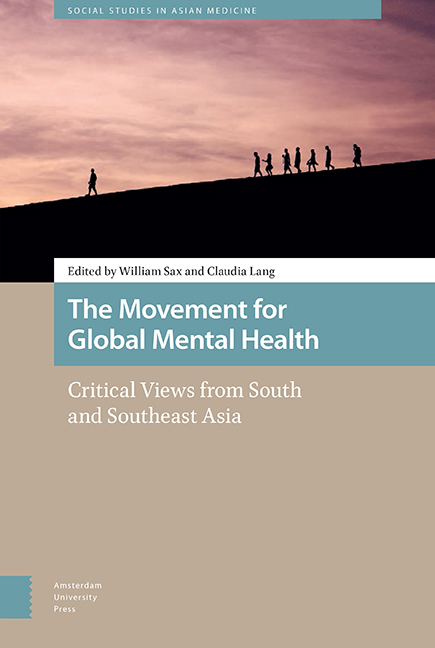11 - “Treatment” and Why We Need Alternatives: An Autoethnographic Reflection on Psychiatric Incarceration in India
Published online by Cambridge University Press: 27 May 2021
Summary
“The Sick Woman is all of the ‘dysfunctional’, ‘dangerous’, and ‘in danger’, ‘badly
behaved’, ‘crazy’, ‘incurable’, ‘traumatised’, ‘disordered’, ‘diseased’, ‘chronic’,
‘uninsurable’, ‘wretched’, ‘undesirable’ and altogether ‘dysfunctional’ bodies…
who have been historically pathologised, hospitalised, institutionalised,
brutalised, rendered ‘unmanageable’, and therefore made culturally illegitimate
and politically invisible.”
– Johanna Hedva, Sick Woman TheoryPart 1
treatment
that was treatment
those hands crawling on your body
the poison injected
as you are stripped
dragged along the corridor,
the faint smell of formaldehyde
and pheny
that was treatment
the laughing of nurses
the condescension of doctors
the asking of the same questions
until you utter the words they want to hear
that was treatment
that was treatment
that was treatment
in a hospital with walled windows
in a hospital with more guards
than doctors
that was treatment
the waking up
to odours of stale food
the laughter of guards
the ringing of their cell phones
in your cell
that was treatment
befriending of rajan, tour guide from ajmer
who spoke of love, loss and longing,
drooling, his feet in shackles,
his eyes telling me a hundred stories
that was treatment
taking a mother from her sons,
that was treatment
and when they strip every last bit of human dignity
along with your clothes, the skin on your bones,
the laughter in your eyes, and the sun upon your tongue
they walk with their heads held high
they are doctors, you see
treatment is the name of the game
and that was treatment
The police roughly pull me off the jeep. Chalo, chalo, they say. We have other work to do. I am taken into an entrance labelled EMERGENCY. The police have a brief discussion with a group of people who appear to be expecting me, then they leave.
A large room with doctors and nurses in white are milling around me. There is a counter, like a Reception, a woman in a starched nursing uniform standing behind it. They take my purse and mobile phone from me and ask me to lie down on a bed covered with a dirty floral sheet. I protest, I don't want to lie down. There are daisies printed on the sheet, I note distractedly.
- Type
- Chapter
- Information
- The Movement for Global Mental HealthCritical Views from South and Southeast Asia, pp. 315 - 338Publisher: Amsterdam University PressPrint publication year: 2021

